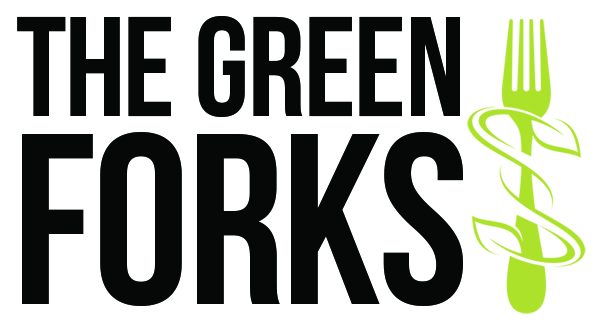The most common and complete protein sources ever known to man are not vegans. We’re talking about meat and dairy products. These two are reliable sources of complete protein.
How about vegans? Where do they get their protein from? As far as abundance is concerned, there are also plant-based protein sources that can be as effective as meat and dairy. For vegans, it is just a matter of including these plant-based foods in their diet to ensure they’re getting sufficient protein their body needs.
Quinoa
Quinoa is gluten-free and is high in protein. It is a complete protein and contains all nine essential amino acids. Quinoa is actually a type of superfood as it is also a good source of fiber, magnesium, B vitamins, iron, potassium, calcium, phosphorus, vitamin E and various beneficial antioxidants.
Green Peas
Despite being relatively low in the amino acid methionine, green peas are also complete protein. A serving of green peas also covers more than 25% of your daily fiber, vitamin A, C, K, thiamine, folate and manganese requirements. It’s a popular side dish that can go along well with almost any recipes.
Hempseed
Another plant-based complete protein is hempseed, from the Cannabis sativa plant. Hempseed is commonly added to smoothies and protein shake boosters. It can also be used in homemade salad dressings and protein bars. Additionally, hempseed contains healthy fats – omega-3 and omega-6 fatty acids.
Soy Milk
Soy milk is the top plant-based milk alternative from dairy. It is made from soybeans and is usually fortified with vitamins and minerals. Aside from being an excellent source of protein, commercial soy milks are also high in calcium, vitamin D, and vitamin B12. It is well-received for its versatility and can be used in a variety of cooking and baking recipes.
Lentils
Lentils are high in fiber and protein and can be easily used in your hearty soups and salads. They’re also rich in folate, manganese, iron, and antioxidants. There are claims that lentils may help reduce the risk of heart disease, diabetes, and obesity.
Chickpeas
Chickpeas are a type of legume that is high in protein. Other variety of beans as rich as chickpeas are kidney, pinto, and black beans. A diet rich in beans can lower cholesterol, blood sugar level, and blood pressure. That’s what those beans-filled salads are all about.
Chia Seeds
Chia seeds are just like hemp seeds. High in protein, healthy fats, and antioxidants. Chia seeds can be added into smoothies, baked goods, chia puddings, and such.
Nutritional Yeast
Nutritional yeast has that cheesy flavor that can be great for dishes like mashed potatoes and scrambled tofu. Aside from being a complete source of protein, fortified nutritional yeast is also high in various nutrients like zinc, magnesium, and B vitamins.
Protein-Rich Fruits and Vegetables
The list includes broccoli, spinach, asparagus, artichokes, potatoes, sweet potatoes, Brussels sprouts, guava, cherimoyas, mulberries, blackberries, nectarines and bananas.


